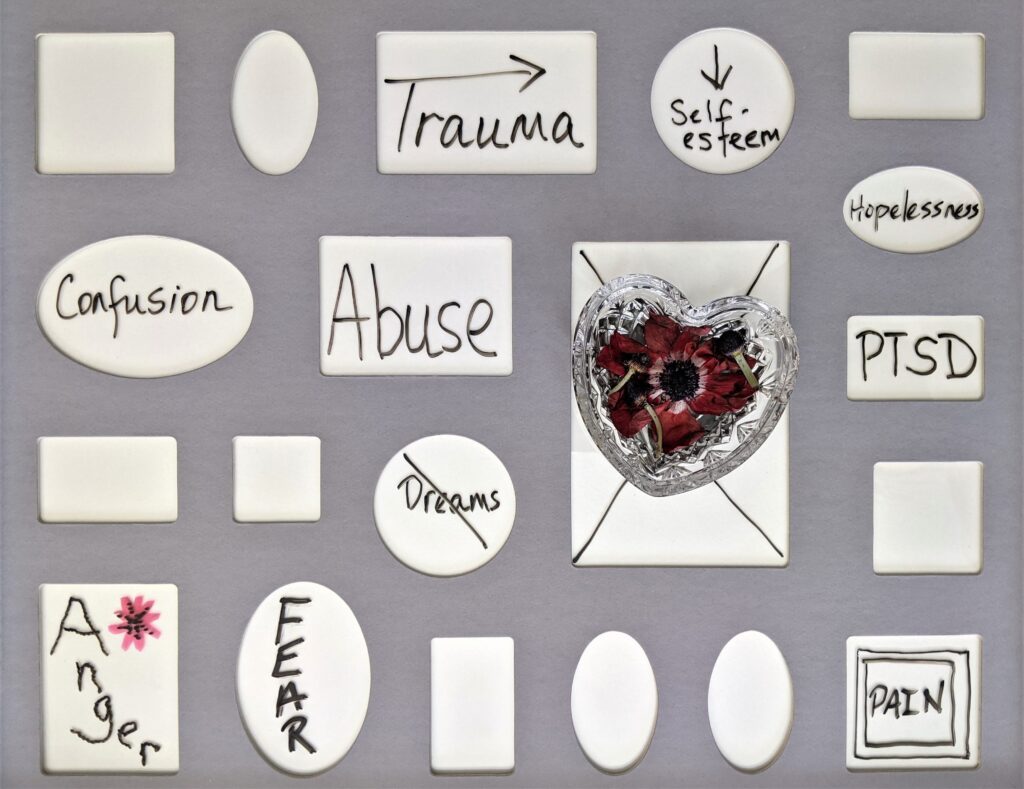
Experiencing trauma can leave a lasting impact on an individual’s mental, emotional, and physical well-being. Whether the trauma is the result of a single distressing event or prolonged exposure to stress, finding effective ways to heal is crucial for reclaiming a sense of normalcy and rebuilding one’s life. In this article, we will explore practical ways to heal from trauma, highlighting key points and emphasizing their importance in the recovery process.
1. Seek Professional Support:

One of the most crucial steps in healing from trauma is seeking professional help. Mental health professionals, such as therapists and counselors, are trained to provide the necessary support and guidance to navigate the complexities of trauma. Through various therapeutic approaches, individuals can explore and process their emotions in a safe and confidential environment.
Importance: Professional support offers a structured and specialized approach to healing, helping individuals gain insight into their experiences and develop coping mechanisms.
2. Build a Support System:

Creating a strong support system is essential for anyone on the path to recovery. Friends, family, and loved ones can provide emotional support, understanding, and encouragement. Sharing experiences with those who care can foster a sense of connection and reduce feelings of isolation.
Importance: A supportive network helps individuals feel validated and less alone in their journey, promoting a sense of belonging and emotional security.
3. Practice Mindfulness and Self-Care:

Mindfulness techniques, such as meditation and deep breathing exercises, can be powerful tools in managing trauma-related symptoms. Additionally, prioritizing self-care activities, such as adequate sleep, healthy nutrition, and regular exercise, contributes to overall well-being and resilience.
Importance: Mindfulness and self-care foster a connection between the mind and body, promoting relaxation and reducing the physiological and psychological impact of trauma.
4. Establish Healthy Coping Mechanisms:

Developing healthy coping mechanisms is crucial for managing the challenges that arise during the healing process. This may include journaling, creative expression, or engaging in activities that bring joy and a sense of accomplishment.
Importance: Healthy coping mechanisms empower individuals to channel their emotions positively, reducing the reliance on harmful behaviors as a means of escape.
5. Educate Yourself About Trauma:

Understanding the nature of trauma and its effects is an integral part of the healing process. Education empowers individuals to make informed decisions about their recovery journey, and it helps normalize the range of emotions and reactions associated with trauma.
Importance: Knowledge about trauma provides a foundation for self-compassion, as individuals learn to recognize that their responses are common reactions to uncommon experiences.
6. Set Realistic Goals and Boundaries:

Setting realistic goals and boundaries is essential for preventing burnout and overwhelming feelings during the healing process. Breaking down larger tasks into smaller, manageable steps can make the journey more achievable.
Importance: Realistic goals and boundaries create a sense of accomplishment and control, boosting self-esteem and confidence along the way.
Conclusion:
Healing from trauma is a unique and personal journey, and there is no one-size-fits-all approach. Incorporating a combination of professional support, a strong social network, mindfulness practices, healthy coping mechanisms, education, and goal-setting can contribute to a comprehensive and effective recovery process. By prioritizing these practical strategies, individuals can regain a sense of control, resilience, and hope on their path to healing.
JOINED OUR COMMMUNITY YET? CLICK HERE
